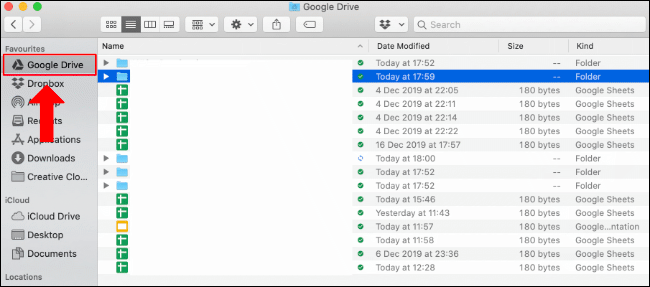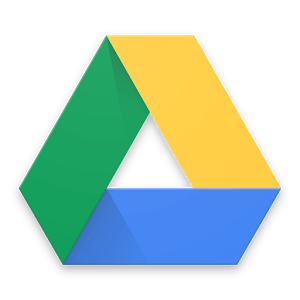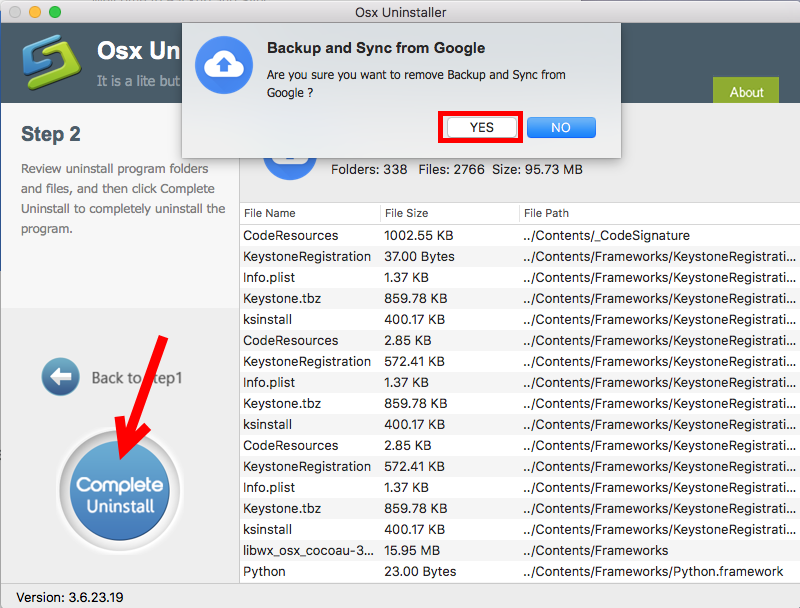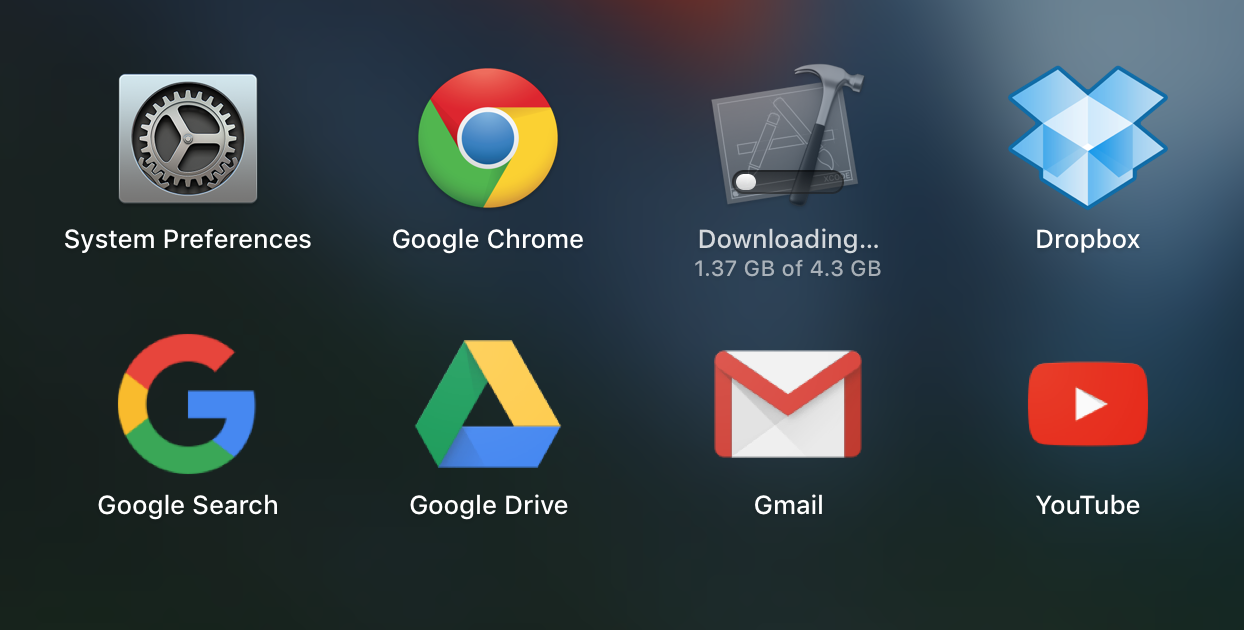
MDM Configuration for kernel extensions with Allow User Overrides.If Apple silicon, ensure the MDM profile has rights to control kernel extensions.
#GOOGLE DRIVE FOR MAC BIG SUR SOFTWARE#
Restart Mac to load the software extensionĭeploy Kernel Extensions MDM Configuration and Allow Standard Users to Accept.Unlock pane with administrator credentials.Open System Preferences > Security & Privacy.If Apple Silicon, ensure the MDM profile has rights to control kernel extensions.Manually Confirm with Administrator Account Please review requirements prior to recommending a workflow to an enduser. Not all workflows will work as they depend on settings on the device and the user's account permissions.
#GOOGLE DRIVE FOR MAC BIG SUR HOW TO#
This section will cover the three methods on how to confirm a legacy system extension on Big Sur. How to Allow Legacy System Extensions to Run The lock preference pane can been seen in the image below. When Google Drive File Stream is first deployed to the device without the kernel extensions MDM Configuration, the end user will get a prompt similar to the image below.ĭepending on the user's permission levels on the device, they may be unable to unlock the Security and Privacy pane in System Preferences and allow the "legacy" system extension (kext) to run on the device. Experience without Kernel Extensions Policy MDM Configuration Changes to Google Drive File Stream and/or Big Sur may require updates to this workflow document in the future. For this example, we will be using Google Drive File Stream (44.0) on macOS Big Sur (11.2). Note: If apps allow for use of the system extensions MDM configuration, we strongly recommend that administrators start moving to this new MDM configuration as legacy system extensions (kext) have limited time left in macOS.įor administrators that have software that requires the legacy system extensions, this document will go over the updated process and what end users can expect on Big Sur. Apple has posted this support article with additional details about legacy system extensions. Kernel extensions are now referred to as legacy system extensions and require additional configuration to continue working. With the release of macOS Big Sur (11.0), Apple has moved further down the road of deprecating kernel extensions (kext) within macOS. In this Apple knowledge base article, you can read more about creating and working with alias’. You can rename the alias to “Google Drive” if you choose. If you have your Google Drive alias on your desktop, to recreate it, you have to create an alias of the “My Drive” folder inside your Google Drive folder.

You can rename the alias if you would like. You will know that you are working with an alias if you see an “arched arrow” next to the item, like the pictures below:ģ. Select the items and hold down and and drag the file to the location you want it.Select the item and right-click or hold down and click on the item and select Make alias, then drag the alias to the location you want it.You can rename the alias if you would like. Select the item and go to File > Make alias, then drag the alias to the location you want it.There are three easy ways to make an alias Locate the folder or file you want to make an alias ofĢ. You do not need to do anything if you do not have any Google Drive aliases.ġ.


You should work on files directly from Google Drive to ensure they are always backed up.

Anything that doesn’t reside in Google Drive is not backed up.


 0 kommentar(er)
0 kommentar(er)
